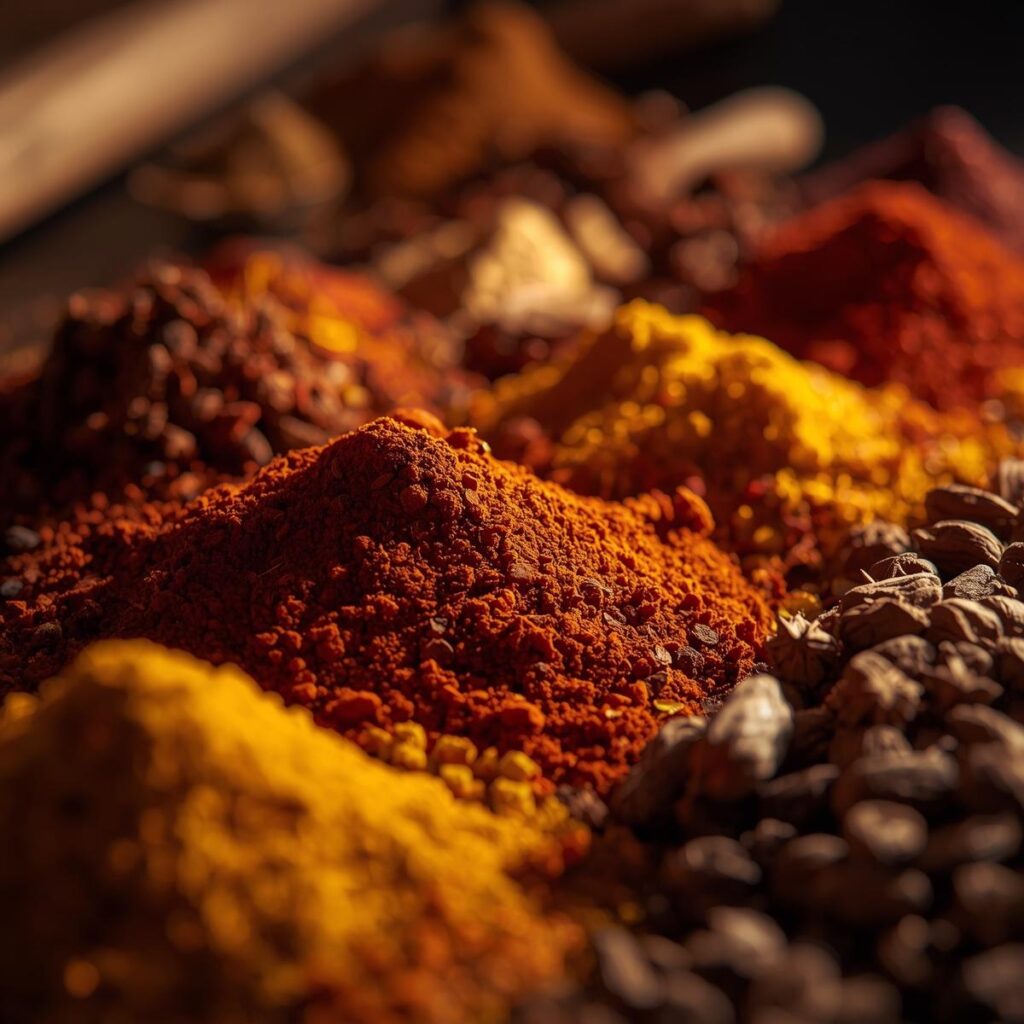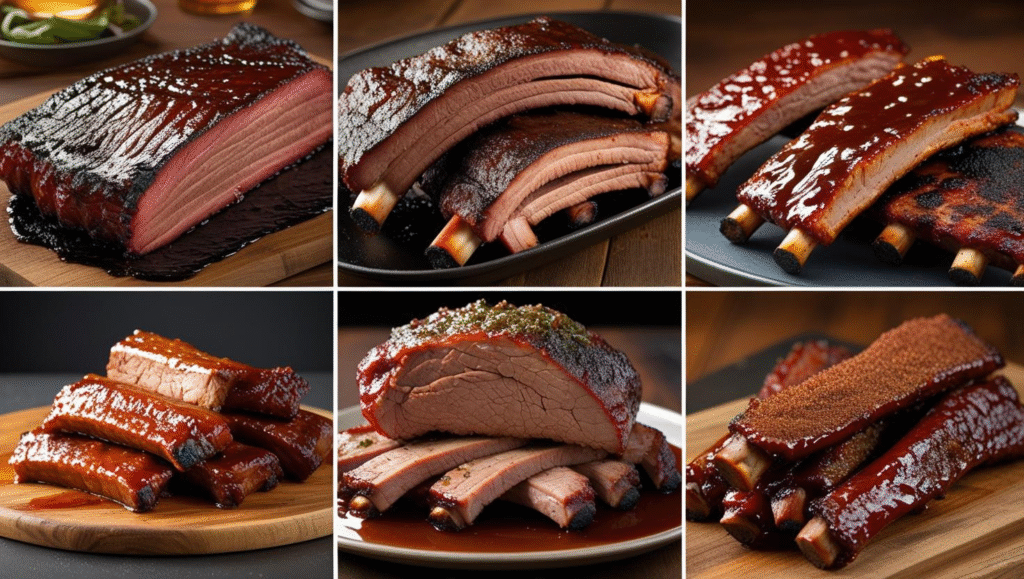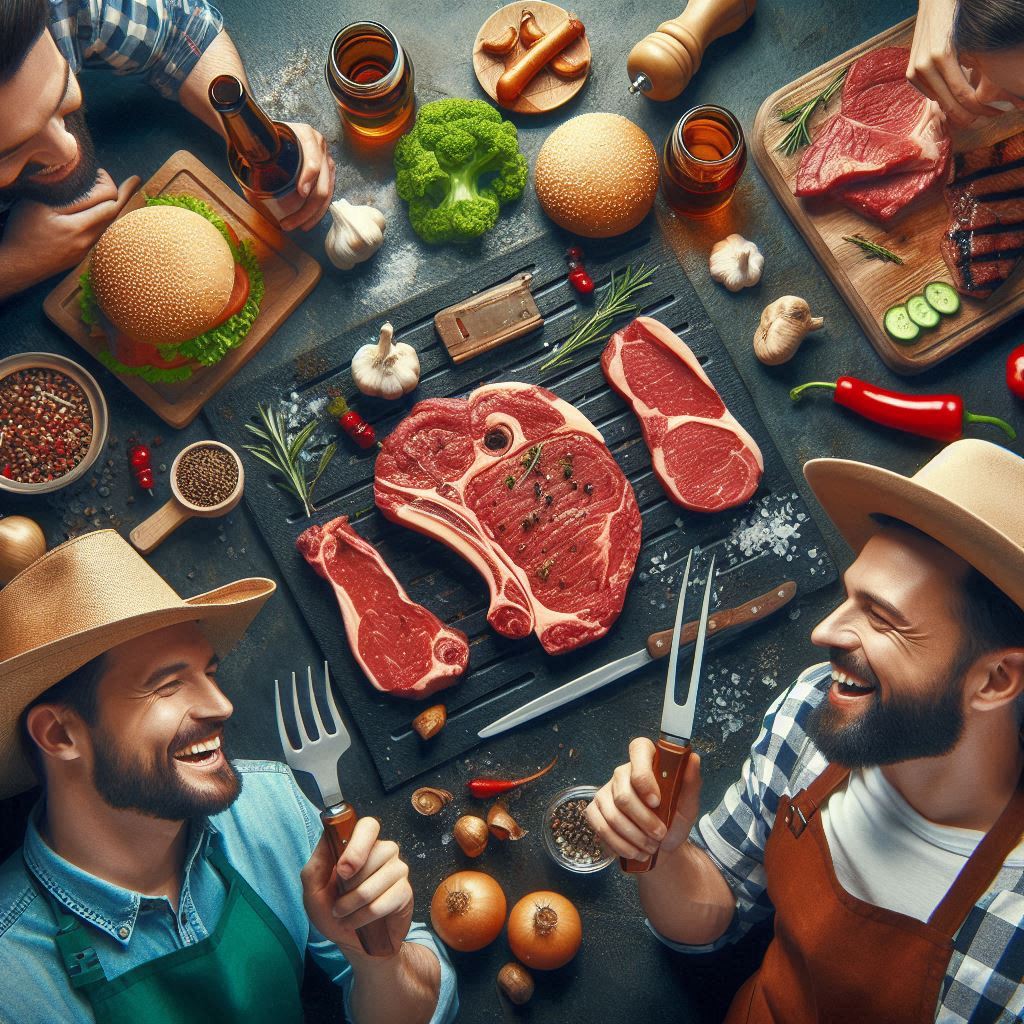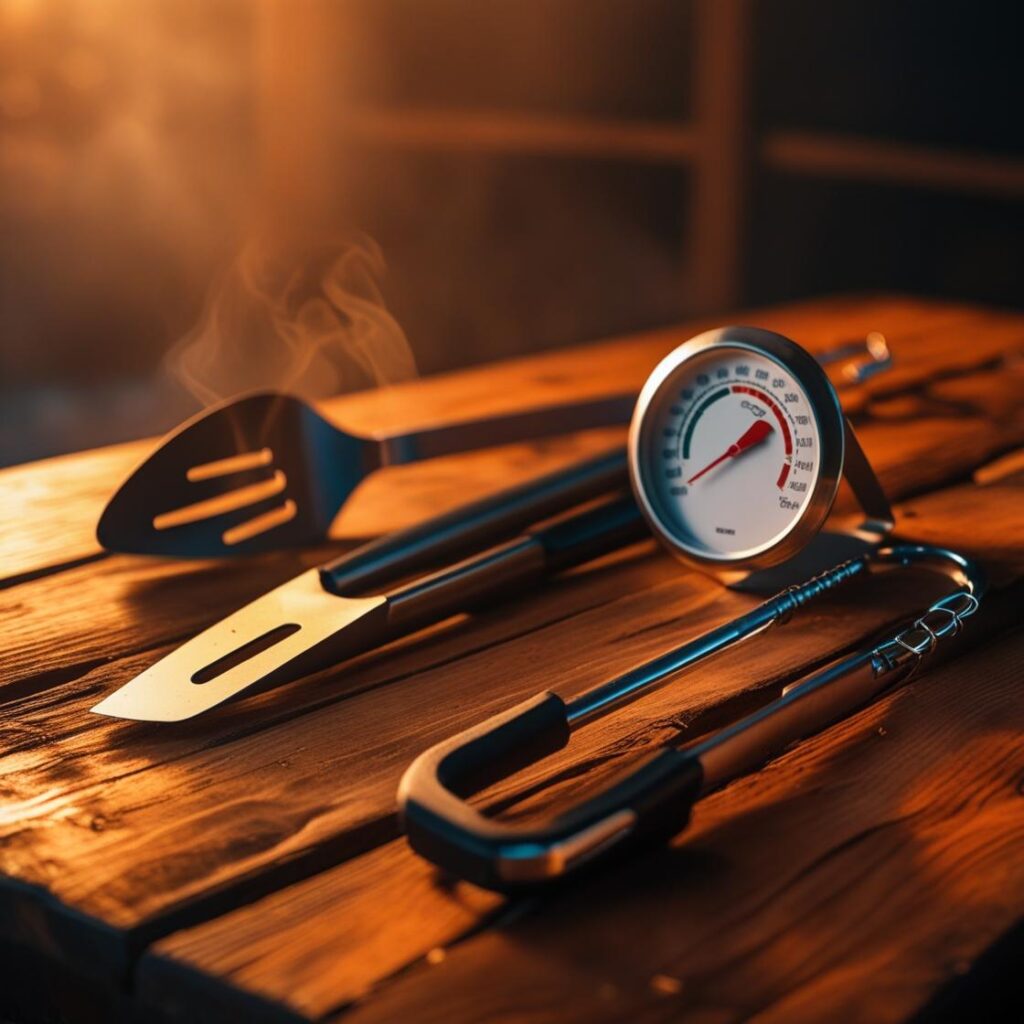Best Spices for Rubs: Build a Flavorful BBQ Seasoning
Spices for Rubs – A great BBQ rub is more than just a mixture of powders; it’s a symphony of flavors working together to transform ordinary meat into a culinary masterpiece. At the heart of every rub are spices, the powerhouse ingredients that deliver everything from deep, earthy aromas to fiery heat and subtle sweetness. Mastering the art of seasoning is a journey of understanding what each spice brings to the table and how to combine them for maximum impact.
In this guide, we’ll break down the essential spices you need in your arsenal to create a perfectly balanced and flavorful rub for any cut of meat.
The Foundation Spices: Building the Base
These are the non-negotiables—the workhorses of any good rub. They provide the fundamental flavor and texture that other spices will build on.
- Salt: The single most important seasoning. Salt enhances the meat’s natural flavor and helps to tenderize it by drawing moisture from the meat and then pulling it back in, creating a juicy, seasoned interior. Coarse kosher salt or sea salt is ideal for rubs.
- Black Pepper: The classic partner to salt. Freshly ground black pepper provides a subtle heat and a savory aroma that forms the backbone of any rub.
- Paprika: Used for color and flavor, paprika adds a mild, earthy taste. Regular paprika is sweet and subtle, while smoked paprika adds a deep, smoky complexity that is essential for a true BBQ rub.
The Aromatic Spices: Creating a Deeper Flavor
These spices are essential for building a rich, aromatic profile that is both savory and fragrant. They provide a depth of flavor that a simple salt and pepper rub cannot achieve on its own.
- Garlic Powder: Adds a savory, umami-rich flavor that is a cornerstone of American BBQ. It pairs well with virtually any meat.
- Onion Powder: Provides a savory, slightly sweet flavor that complements the garlic and adds another layer of complexity.
- Cumin: A warm, earthy spice with a distinct nutty flavor. Cumin is a must-have for a Texas or Southwestern-style rub.
- Mustard Powder: Adds a subtle tang and a pungent, savory kick that works especially well with pork.
The Heat Spices: Controlling the Fire
These spices are all about bringing the heat. They can be used to add a gentle warmth or a fiery punch, depending on your preference.
- Cayenne Pepper: The most common spice for adding serious heat. A little goes a long way, so use it sparingly until you know your desired heat level.
- Chili Powder: A blend of ground chiles and other spices (often cumin and garlic powder), chili powder is a great way to add both flavor and a manageable level of heat.
- Crushed Red Pepper Flakes: Provides a more “upfront” heat that is easy to taste. The flakes can also add a nice visual element to your rub.
The Sweet Spices: Balancing the Flavor
Sweet ingredients can seem out of place in a BBQ rub, but they are crucial for creating a flavorful, caramelized bark.
- Brown Sugar: The most popular ingredient for sweet rubs, especially for pork and chicken. It caramelizes beautifully during the long cooking process, creating a rich, flavorful crust.
- Cinnamon: A surprisingly effective spice in a savory rub. A small amount of cinnamon adds warmth and complexity that can elevate a rub to the next level.
Frequently Asked Questions (FAQ)
How long do spices last? Ground spices lose their potency over time. For the best flavor, use your spices within a year of purchase. If they’ve lost their aroma, it’s time to replace them.
Should I use whole or ground spices? For rubs, ground spices are the best choice as they adhere better to the meat and are easier to distribute evenly.
What’s the difference between paprika and smoked paprika? Paprika is made from dried bell peppers and has a mild, sweet flavor. Smoked paprika is made from peppers that have been smoked over a wood fire before being ground, giving it a deep, smoky flavor that is a key component of many BBQ rubs.
Conclusion
Building your own rub is a rewarding process that allows you to customize the flavor of your BBQ. By understanding the role of each spice and how to combine them, you can create a signature blend that will impress your friends and family. The world of seasoning is vast and exciting—and this is just the beginning.
Now that you’ve unlocked the secrets of spices, are you ready to master the full art of seasoning? For a comprehensive guide to rubs, marinades, and brines, check out our ultimate resource: How to Season Meat: Rubs, Marinades, and Brines Explained.






